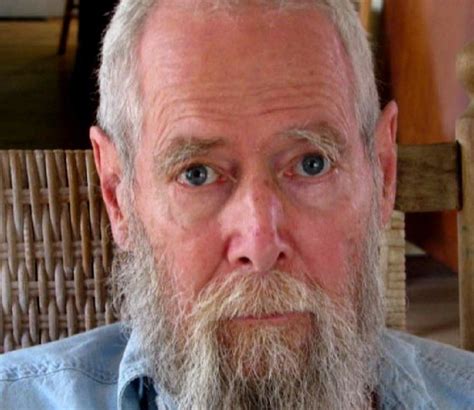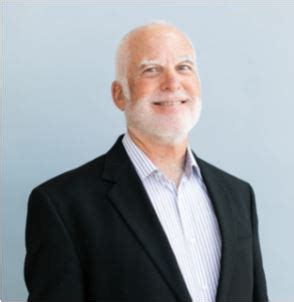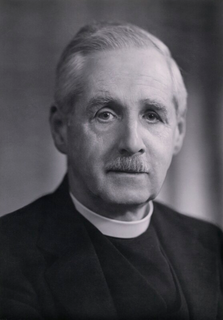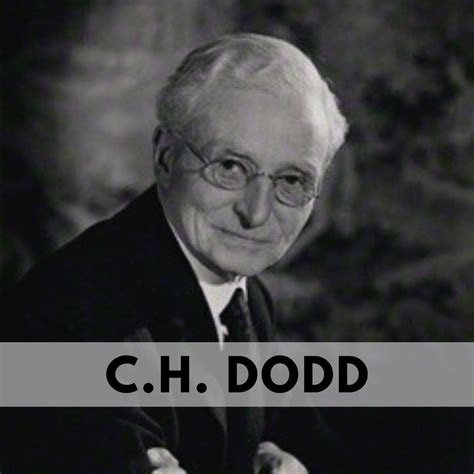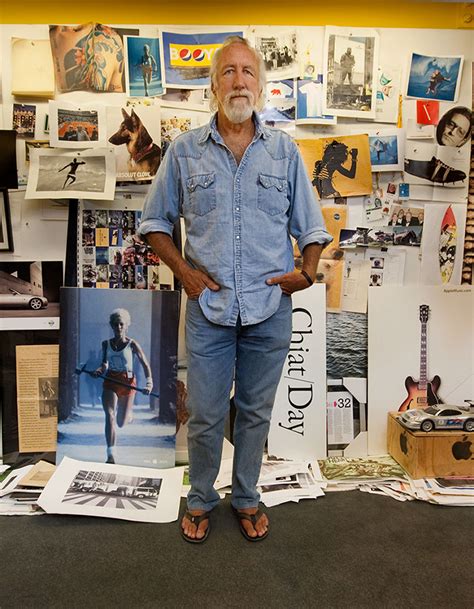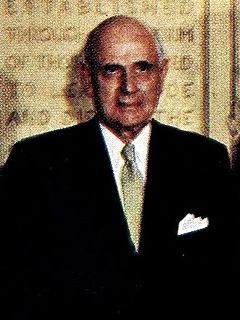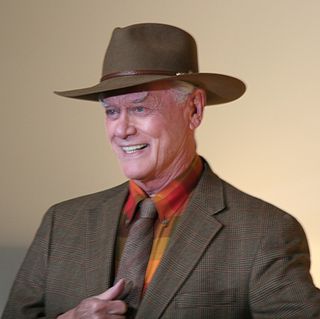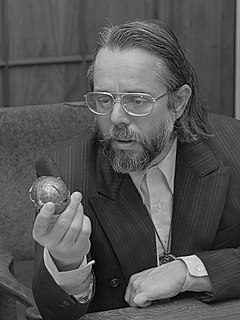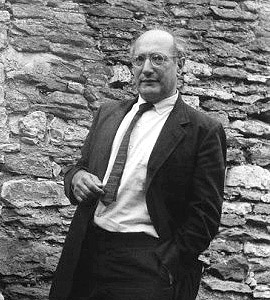Top 1200 Religious Experience Quotes & Sayings
Explore popular Religious Experience quotes.
Last updated on April 14, 2025.
You have to be closer to religious origins -- the generation of the 20's was truly secular in that it still knew its theology and its varieties of religious experience. We are post-secular, inventing new faiths, without any sense of organizing truths. The truths we accept are so multiple that honesty becomes little more than a strategy by which you manage your tendencies toward duplicity.
The religious stories, the religious truths, the spiritual principles - obviously, they don't change. But as you get older and you experience more, you recognize the applicability, the profundity, and the fundamental truths of spiritual principles in ways that you couldn't when you simply were living a less dimensional life.
and while faith based on theological reasoning is today universally engaged in a bitter struggle with doubt and resistance from the prevailing brand of rationalism, it does seem that the naked fundamental experience itself, that primal seizure of mystic insight, stripped of religious concepts, perhaps no longer to be regarded as a religious experience at all, has undergone an immense expansion and now forms the soul of that complex irrationalism that haunts our era like a night bird lost in the dawn.
Any person of any philosophic persuasion who sits on a hot stove will verify without any intellectual argument whatsoever that he is in an undeniably low-quality situation: that the value of his predicament is negative. This low quality is not just a vague, woolly-headed, crypto-religious, metaphysical abstraction. It is an experience. It is not a judgment about an experience. It is not a description of experience. The value itself is an experience. As such it is completely predictable. It is verifiable by anyone who cares to do so.
The unconscious is the only available source of religious experience. This in certainly not to say that what we call the unconscious is identical with God or is set up in his place. It is simply the medium from which religious experience seems to flow. As to what the further cause of such experience might be, the answer to this lies beyond the range of human knowledge.
All my life I have made it a rule never to permit a religious man or woman take for granted that his or her religious beliefs deserved more consideration than non-religious beliefs or anti-religious ones. I never agree with that foolish statement that I ought to respect the views of others when I believe them to be wrong.
So the best marriages and the deepest relationships with God grow out of the startling discovery that there is nothing one can do to earn love, and even more startling, that there is also nothing one can do to unlearn it, or to keep oneself from being loved. This is a religious awakening that is utterly different from any other religious experience, no matter how profoundly spiritual it may seem.
There is a fundamental spiritual quality to gratitude that transcends religious traditions. Gratitude is a universal human experience that can seem to be either a random occurrence of grace or a chosen attitude to create a better experience of life; in many ways it contains elements of both. Grateful people sense that they are not separated from others or from God; this recognition of unity with all things brings a deep sense of gratefulness, whether we are religious or not.
A kernel of truth lurks at the heart of religion, because spiritual experience, ethical behavior, and strong communities are essential for human happiness. And yet our religious traditions are intellectually defunct and politically ruinous. While spiritual experience is clearly a natural propensity of the human mind, we need not believe anything on insufficient evidence to actualize it.
Wherever there is a religious regime, over there there is ignorance, misery and absurdity! No religious state can ever elevate its own people! Sooner or later, the primitiveness of the religious administrations and the irrationality of the religious rules will cause a great collapse of those countries! The downfall is inevitable!
I'm very religious, you know. Now, OK, if by 'religious', you mean that I go to church every Sunday, read the bible faithfully, and I listen to Debbie Boone, umm, I'm not religious in that sense... But if by 'religious' you mean that I love others and try to help them whenever possible... Again, no. But if by 'religious' you mean that I like to eat coleslaw... Yeah, OK, OK!
To me, ideology is corrupt; it's a parasite on religious structures. To be an ideologue is to have all of the terrible things that are associated with religious certainty and none of the utility. If you're an ideologue, you believe everything that you think. If you're religious, there's a mystery left there.
It is terrible that we all die and lose everything we love; it is doubly terrible that so many human beings suffer needlessly while alive. That so much of this suffering can be directly attributed to religion—to religious hatreds, religious wars, religious delusions and religious diversions of scarce resources—is what makes atheism a moral and intellectual necessity.
The revealed and mystic literature of mankind bears ample testimony to the fact that religious experience has been too enduring and dominant in the history of mankind to be rejected as mere illusion. There seems to be no reason, then, to accept the normal level of human experience as fact and reject its other levels as mystical and emotional.
Everyone talks about religious liberty, but no one believes it. So let us be blunt about it: we must use the doctrine of religious liberty to gain independence for Christian schools until we train up a generation of people who know that there is no religious neutrality, no neutral law, no neutral education, and no neutral civil government. Then they will get busy in constructing a Bible-based social, political, and religious order which finally denies the religious liberty of the enemies of God.
Let it simply be asked where is the security for property, for reputation, for life, if the sense of religious obligation deserts the oaths, which are the instruments of investigation in the Courts of Justice? And let us with caution indulge the opposition, that morality can be maintained without religion. Whatever may be conceded to the influence of refined education on minds of peculiar structure, reason and experience both forbid us to expect that National morality can prevail in exclusion of religious principle.
Math . . . music .. . starry nights . . . These are secular ways of achieving transcendence, of feeling lifted into a grand perspective. It's a sense of being awed by existence that almost obliterates the self. Religious people think of it as an essentially religious experience but it's not. It's an essentially human experience.
If you are born in 1564, your dislocation from your parents' experience is very profound. You are the first generation who will have had all your religious experience in English, the first to have a countryman circumnavigate the globe. All the power and economic structures of the world are changing around you.
the heart of religion is not altered states but altered traits of character. For me, then, the test of a substance's religious worth or validity is not what kind of far-out experience it can produce, but is the life improved by its use? That's the test. Now, on that score, if you remove the "religious cocoon," the experiences don't seem to have much in the way of discernible, traceable effects.
I say that creeds, dogmas, and theologies are inventions of the mind. It is the nature of the mind to make sense out of experience, to reduce the conglomerates of experience to units of comprehension which we call principles, or ideologies, or concepts. Religious experience is dynamic, fluid, effervescent, yeasty. But the mind can't handle these so it has to imprison religious experience in some way, get it bottled up. Then, when the experience quiets down, the mind draws a bead on it and extracts concepts, notions, dogmas, so that religious experience can make sense to the mind.
No, I'm not religious, I'm sorry to say. But I was once and shall be again. There is no time now to be religious." "No time. Does it need time to be religious?" "Oh, yes. To be religious you must have time and, even more, independence of time. You can't be religious in earnest and at the same time live in actual things and still take them seriously, time and money and the Odéon Bar and all that.







